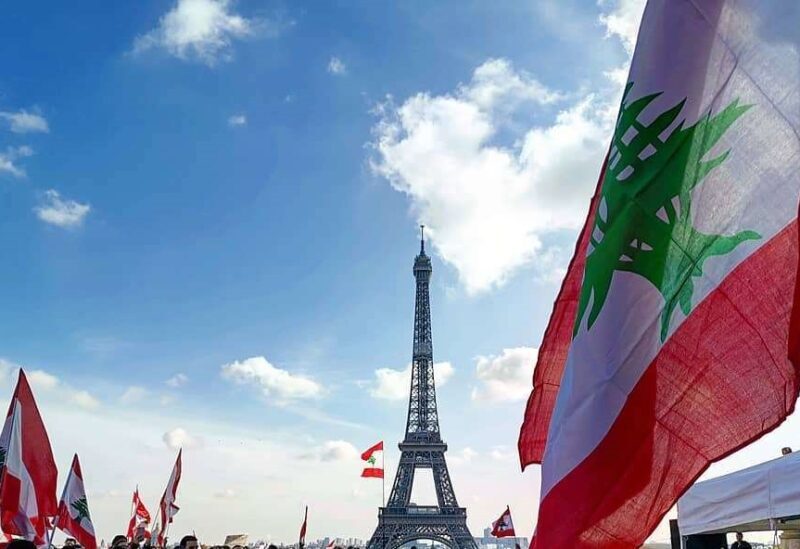
Lebanese flag in France
All eyes on the second round of French presidential elections, which are critical not only for the French, but also for Lebanon and the countries of the region, where France, along with the United States, plays a leading role in foreign policy, especially that France has chaired the European Union since the beginning of this year until the end of June.
According to French diplomatic sources, Emmanuel Macron and the leader of the far-right Marine Le Pen, whose voices are merging, face huge hurdles. It is a difficult battle that demonstrates the importance of working on the electorate, particularly for Macron, who has recently focused his efforts on France’s foreign policy, including not only its relations with Washington, position on Iranian affairs, and detailed attention to the Lebanese crisis, but also the Russian war file on Ukraine.
Macron is now needed to give attention to the French, both socially and economically, as well as the purchasing power of their currency and salaries, a subject that is heavily weighted on French society. During his election campaign, he put internal arguments on hold and focused his attention on global issues. Because of the number of votes he received, he had to start from an acceptable point, as he had to look for cautious right-wing and socialist voices that did not take a stance, as well as voices from the environmental current. Macron is nearing the end of his second mandate, but the presence of the far right in French politics has grown entrenched.
Concerning the ramifications of either of the two figures’ victories on the Lebanese scene, sources say that Lebanon is one of the French constants, as French policy toward it continues to pay direct and public attention to it, rather than leaving it alone to resist political, economic, and humanitarian crises.
With Macron’s chances of renewing his mandate, sources believe he will maintain a strong interest in Lebanon, based not only on traditional French policy, but also on his own experience dealing with and indulging in Lebanese contradictions, as well as the influence of Iran on the joints of political life through its ally “Hezbollah,” and with the Gulf and Arab role, which, according to sources, should not wander too far from Lebanon, so that the Arab incubator for it remains and the technique of tactical dealing with this country crystallizes in conjunction with the Americans and other European nations.
Although there are details in Lebanese-French relations that appear to be distinct about it, the situation in the region appears to have the most influence on the policy towards Lebanon, even though France has always played the role of pressure for its neutrality from the burning issues in it and to avoid its occurrence in the regional axes. As a result, it seeks to maintain the postulates of sovereignty and independence while also working on another route to promote its stability, which is a priority for it.